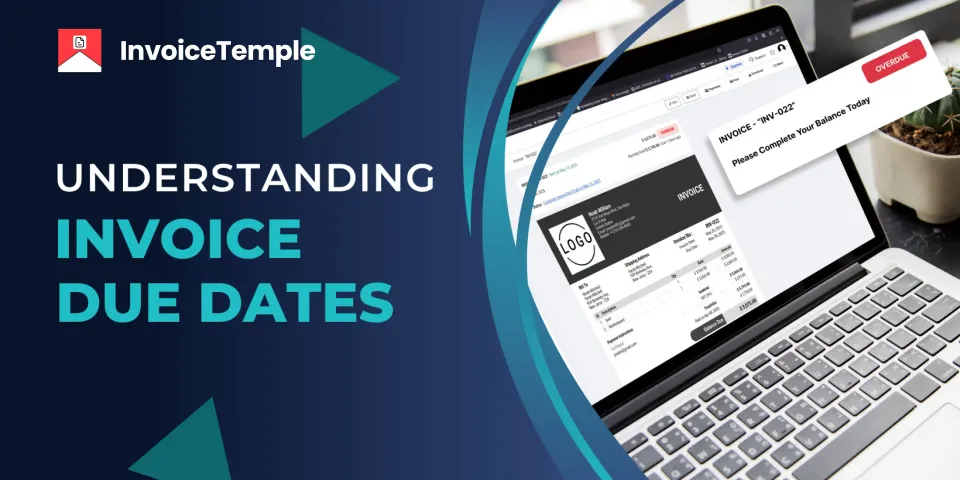Understanding Invoice Due Dates and How to Set Them Properly

Do you know about the further process that takes place after the client receives the product or the service? It’s issuing the invoices. While issuing the invoices, clients will experience a sense of satisfaction because they will receive payments once they forward the invoices to the clients.
How can you get timely payments? The answer is simple — include the correct due date on your invoices. However, if the invoice due date is not specified, then how does the client know about the due date and make the payment?
So, mentioning the invoice due date in the invoice is crucial. There are some tips and tricks for setting this invoice due date and some best practices for setting it. This blog mentions all the details about the invoice due date. So, continue to read and gain valuable information from this for your business.
What Does an Invoice Due Date Mean?
The invoice due date is the date that is mentioned in the invoice to disclose to the clients about the date on which or before they must make the payment. When the clients don’t make the payment within the due date, then penalties can be charged against them.
An example of this situation is as follows. A client is purchasing a computer from you, and it is delivered to the client on May 1st. Once the client receives the product, you generate the invoice for the purchased item and mention the invoice amount as $470, apply the net 90 payment term, and enter the invoice due date as July 29th. This invoice indicates that your client must make the payment on July 29th. If payment is not made on the due date, then late penalties can be charged to the client.
While mentioning the invoice due date, some factors should be considered. The first factor to be considered is the size of the business. If the business is small scaled or medium, or a startup, then net 15 and 30 payment terms can be offered. For large enterprises, net 60 and 90 payment terms can be offered. The next factor to be considered is the payment history of the clients. By considering these factors, the invoice due date can be mentioned.
Significance of Invoice Due Date:
- Mentioning the correct date in the invoice helps in getting prompt payments. As payments are the bloodstream of the business, they should be obtained properly. So, mentioning the invoice due date on the invoice makes the clients get updated about the date they must make the payment.
- As the invoice due date assists in receiving quick payments, a smooth cash flow will be experienced by the business. This positive cash flow safeguards the business from a lack of funds. Also, it sets a clear view for the clients about making the payment.
Best Ways to Define Due Dates on Invoices:
Some of the best ways to mention due dates on the invoices are as follows.
1. Date Format: The invoice due date should follow a standard format of DD/MM/YYYY. This clear format gives the client a clear view of the due date.
2. Create Online Invoices: When you use online invoices generated through online invoicing software for small business, easy customization can be carried out and professionalism can be maintained. The manual invoicing process lacks these customization features.
3. Validate the Payment Terms: Reviewing the payment terms mentioned in the invoice results in avoiding payment and invoice disputes.
Overall, the invoice due date plays a major role in the payment collection and smooth business operations. So, mention it accurately in the invoice and get prompt payments.
